Important: Before proceeding with this tutorial, make sure you have read and understood this Bitcoin and Cryptocurrency Security Best Practices Manual. The advice provided on cryptocurrency and/or bitcoin trading is for informational and educational purposes only and does not constitute financial advice or investment recommendations. The cryptocurrency market, including bitcoin, is highly volatile and poses significant risks. Any investment decision or transaction made based on the provided information is the sole responsibility of the user. We strongly recommend conducting thorough research, consulting professional financial advisors, and considering your own financial situation and risk tolerance before engaging in any cryptocurrency and/or bitcoin-related activities. We are not responsible for any loss or damage resulting from the misuse of the provided information.
Wondering how to get a cryptocurrency wallet completely anonymously?
In this article, I’ll show you how to buy a wallet anonymously. No one can trace it back to you.
Anonymous Bitcoin?
The first thing to know is that Bitcoin is NOT anonymous.
Just like other cryptos operating on a Blockchain.
Why? Simply due to its core design, which was Satoshi Nakamoto’s intention.

- Bitcoin operates on a decentralized technology called blockchain, a public and distributed ledger of all transactions.
- All Bitcoin transactions are permanently recorded in blocks on the blockchain.
- This record is public, meaning anyone can access and verify all transactions made.
However, just as they were able to create a pseudonym and not be directly linked to their real identity, others can achieve the same, and there are different ways to do it.
Transaction traceability:
Anyone can trace transactions from a Bitcoin address using online explorers. The user’s identity remains unknown, but compromises can happen, for example, if done from a KYC-compliant exchange or wallets from exchanges.
In explorers like these, you can see this information:
Most cryptocurrencies use a distributed ledger technology called blockchain, which is essentially a public and decentralized ledger. Like in Bitcoin, you can use specific block explorers for each cryptocurrency to trace transactions, verify address balances, and obtain detailed information about network activity.
Online anonymity is difficult:
Achieving 100% anonymity online is challenging, as we leave traces with every online activity. Though there are ways to protect identity. How? With wallets that don’t link that identity.
No completely anonymous wallets:
No wallet can evade the public nature of the Bitcoin blockchain. Transactions can always be traced, especially by services complying with KYC/AML policies.
Alternatives for increased anonymity:
Despite Bitcoin’s transparency, there are wallets with greater anonymity conditions. You can buy them without them being directly linked to you. But, as mentioned before, be cautious with the transactions you make with that wallet, especially from centralized exchanges.
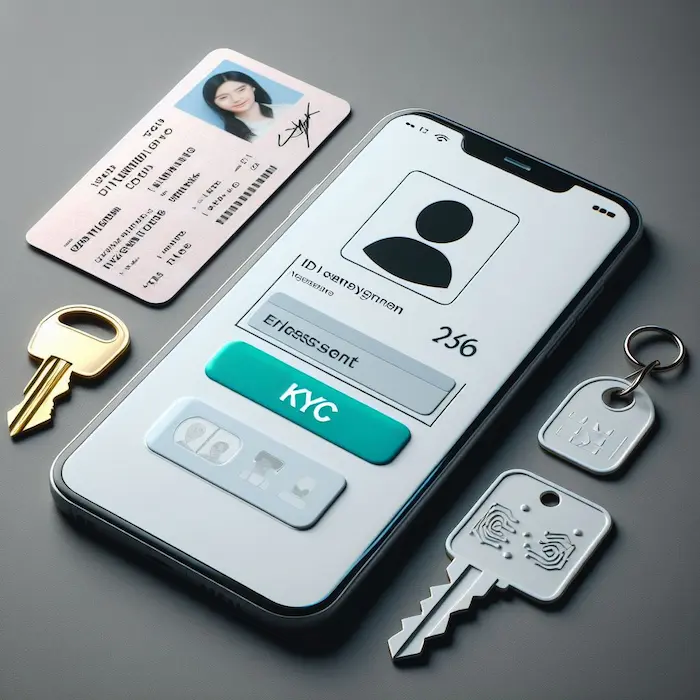
Which wallet do i recommend buying?
Undoubtedly, a cold wallet. First, they remain offline, reducing exposure to potential online threats that could compromise privacy and reduce cyber attacks on your funds.
How to buy a wallet anonymously:
1. In Physical Stores:
There are stores, such as Best Buy, where you can purchase your wallet completely anonymously. Just like buying any other product, pay in cash, and you’re good to go.
Among their products, you’ll find different hardware wallets that suit your needs, such as Ledger or Trezor.
Additionally, once you have your cold wallet, you can load cryptocurrencies anonymously from any of their ATMs. The great thing is that these ATMs are available in many locations, like Coinflip, and there’s likely one near you. Furthermore, they continue to expand the network of these ATMs over time.

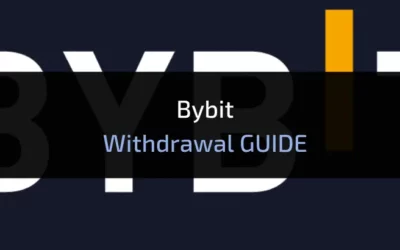
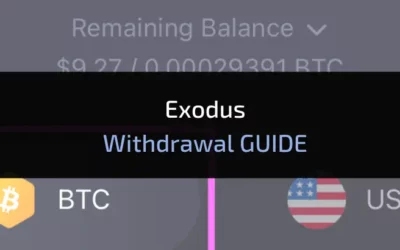
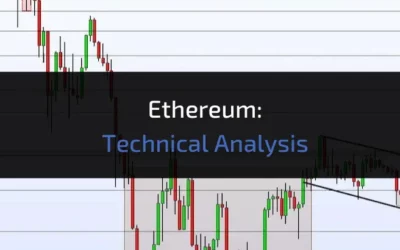


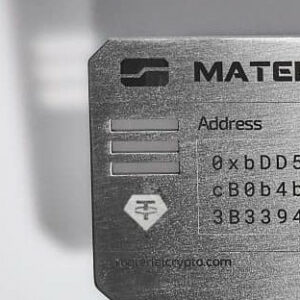
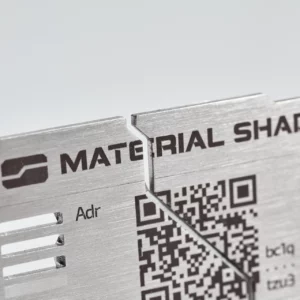
0 Comments